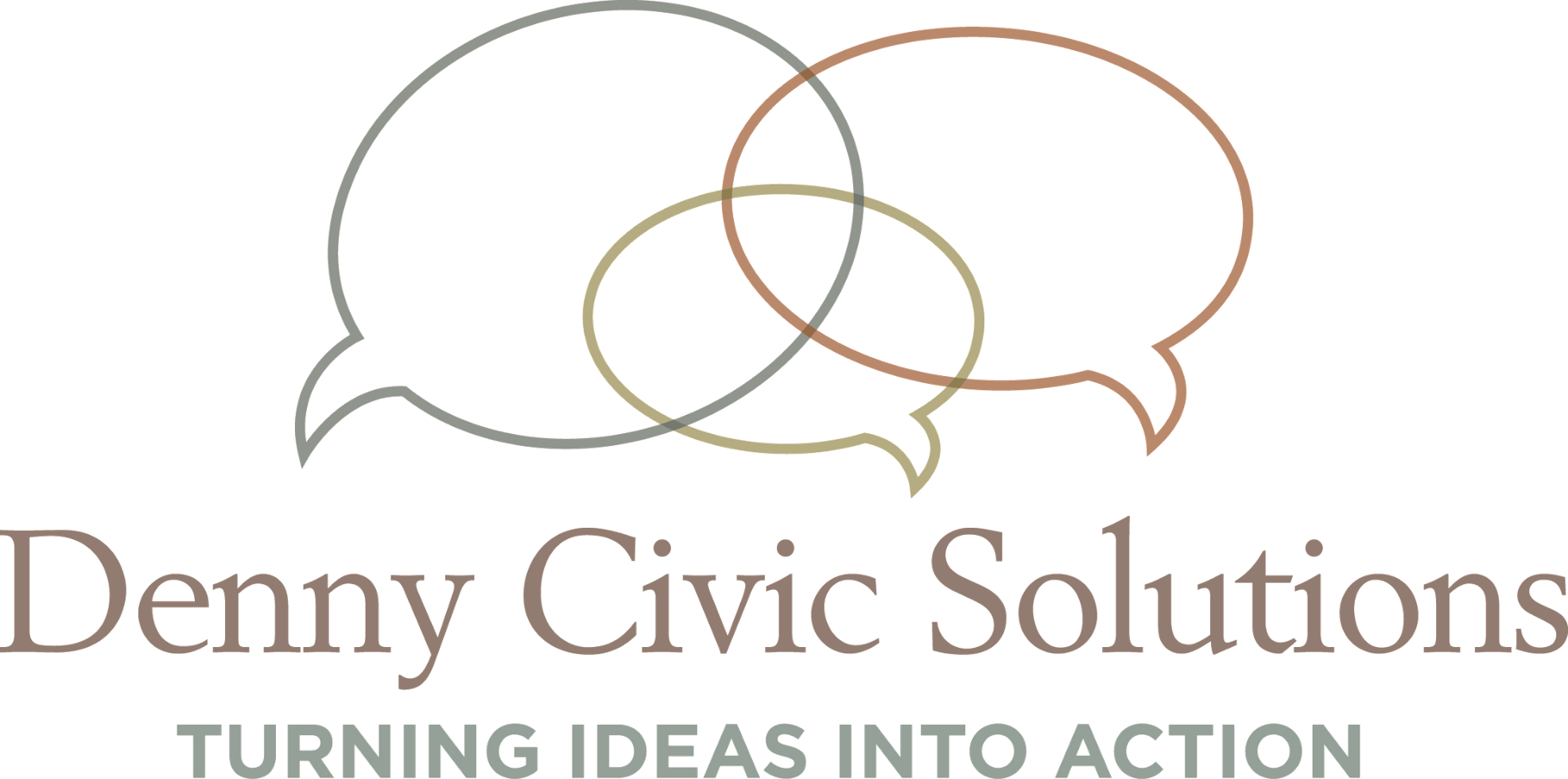Diversity vs. Inclusion: It’s About More than Numbers
Sometimes, you find yourself in the right place to learn a very powerful lesson – and, if you’re smart, you don’t forget it. Just the other day, while attending a work session for the Allegheny Conference on Community Development’s Regional Investors Council, I learned a powerful lesson of my own: the difference between diversity and inclusion.
As you probably know, diversity is about how many faces of color, how many people from different backgrounds, how many people with disabilities, or how many members of the LGBTQA community are in your community, your company, your school, your board, or your state legislature. And while more diversity is obviously better, it’s becoming increasingly clear that simply measuring a count doesn’t get a community, a business, or a government where it needs to be.
So back to that Regional Investors Council meeting, which was attended by 300+ business, community, and philanthropic leaders. The meeting was designed to address a pressing problem that’s popping up in many cities and regions, including Pittsburgh: we simply don’t have enough talent – and we are quickly running out of what we have!
This is both a people problem and a diversity problem. Pittsburgh needs to include more people with talent, especially from the Black community and our fastest-growing minority groups, to keep our community growing.
When we broke into more than 35 groups gathered around circular tables to address this issue, I sat at a table made up primarily of African Americans. I wanted to hear what they had to say, and while it took a little prodding, soon the honest truth came out – diversity is one thing, but inclusion is something else entirely.
Who cares if you’ve got a lot of diversity if the diverse population isn’t included in the decision making? If communities, boards, companies, nonprofits, associations, foundations, and governments aren’t actively promoting diverse populations within their ranks, than there is no inclusion. And without their voices, we are sadly missing out on many, many opportunities and new ideas.
Recently, this idea of inclusion became very clear to those of us at Denny Civic Solutions. We have been incredibly fortunate to work with a group of tirelessly dedicated young adults with disabilities through the #IWantToWork Campaign. It’s an effort designed to provide direction to – and ensure state funding for – the Office of Vocational Rehabilitation in order to get teenagers with disabilities paid, integrated, and meaningful employment while still in high school. We believed the campaign should be managed by young adults with disabilities, so we hired a half dozen driven and talented young professionals.
The results have exceeded our wildest expectations. Here are some of the takeaways of asking this group of young people to take the lead:
While it shouldn’t come as a surprise, it bears mentioning for anyone hesitant about including young people with disabilities in their organization: they’re just like people who don’t have disabilities, with the same talents, dreams, work ethic, and ambitions.
Better planning means better results. Why? Flexibility and disability doesn’t always go hand in hand, and the more you can preplan, the better the outcome.
The dedication and determination to succeed in this group of young people is unmatched. Why? Because they have overcome obstacles many of us can’t imagine.
The value of inclusion has also become readily apparent through our work with Amachi Pittsburgh, a nonprofit that works to prevent the children of incarcerated parents from entering the criminal justice system themselves. We thought we had lots of good ideas and great messages for Amachi. Yet it wasn’t until we asked one of their former clients (a young, successful African American woman) what we should be focusing on, that a true strategy emerged. With her input, the message became streamlined and powerful: let her and others tell their story, make it all about breaking the cycle, and hold the families of incarcerated individuals harmless.
Her inclusion helped lead the way – and the spirit of inclusion will continue to guide Denny Civic Solutions and the work we do on behalf of our clients.

